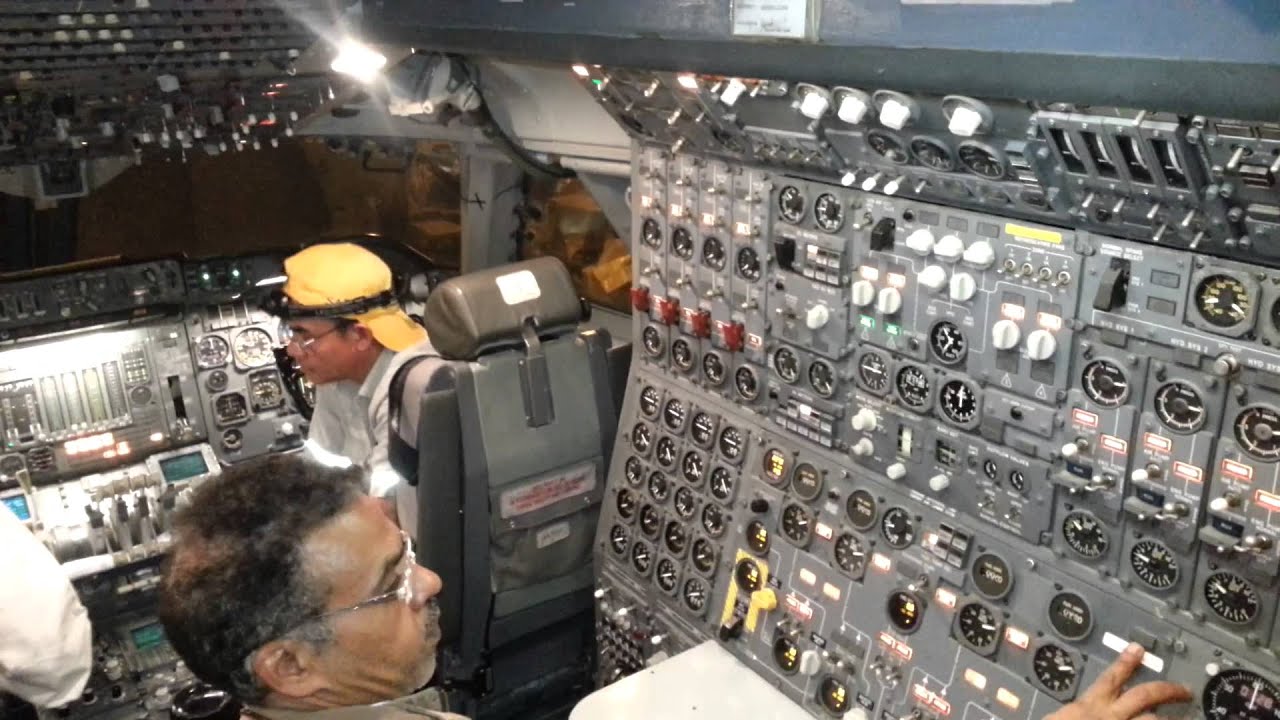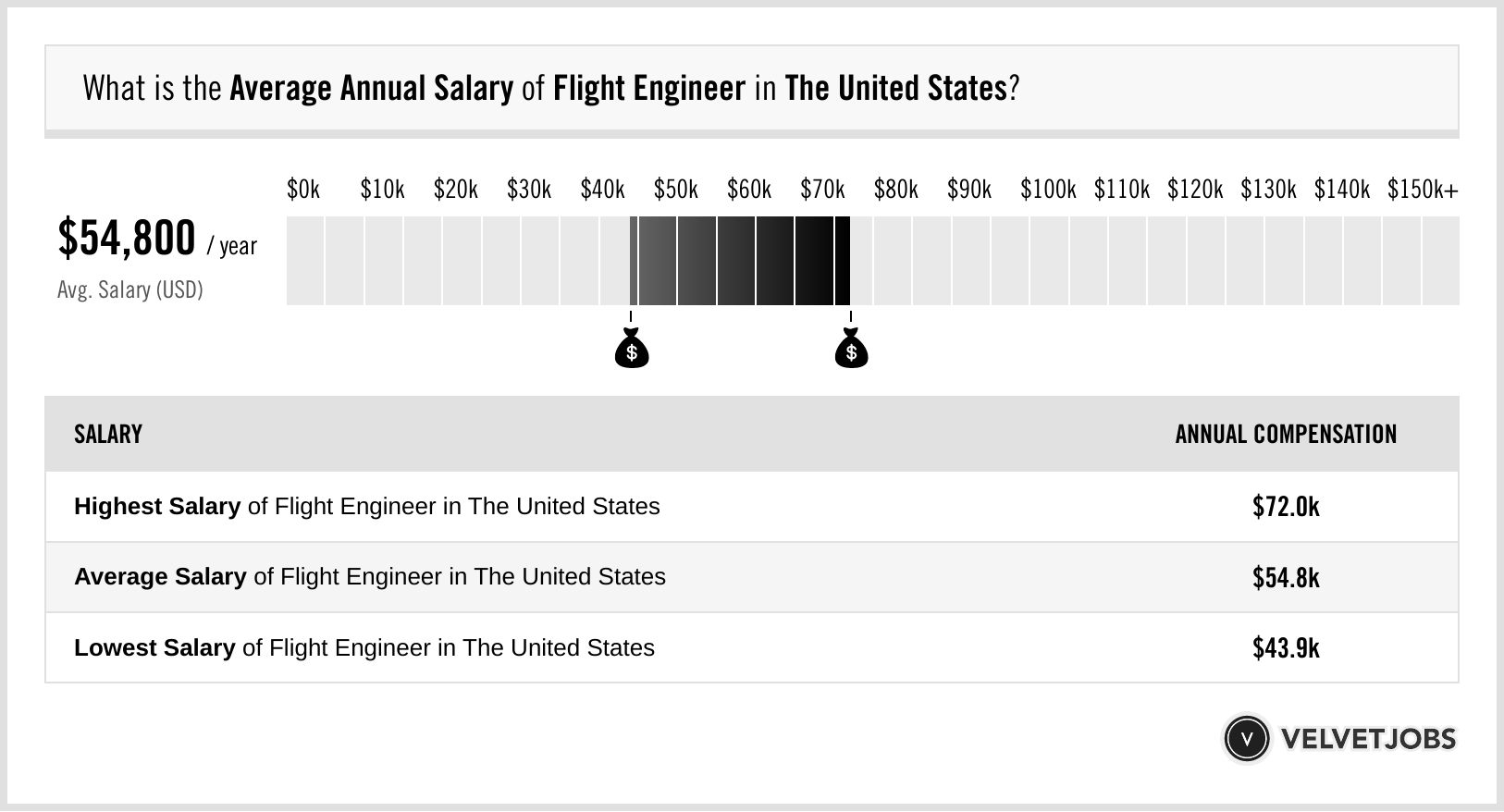Flight Engineer Role Explained

Introduction to Flight Engineers

Flight engineers play a crucial role in the aviation industry, ensuring the safe and efficient operation of aircraft. They are responsible for the maintenance, repair, and overhaul of aircraft systems, including engines, fuel systems, and electrical systems. In this blog post, we will delve into the world of flight engineers, exploring their duties, responsibilities, and the skills required to succeed in this field.
What is a Flight Engineer?

A flight engineer is a licensed professional who is responsible for the maintenance and operation of aircraft systems. They work closely with pilots, mechanics, and other aviation professionals to ensure that aircraft are airworthy and meet regulatory requirements. Flight engineers are skilled in troubleshooting, repairing, and maintaining complex aircraft systems, including engines, fuel systems, hydraulic systems, and electrical systems.
Key Responsibilities of a Flight Engineer

The key responsibilities of a flight engineer include: * Conducting pre-flight inspections to ensure that aircraft systems are functioning properly * Troubleshooting and repairing faults in aircraft systems * Performing routine maintenance tasks, such as oil changes and filter replacements * Overhauling and repairing engines, fuel systems, and other complex aircraft systems * Collaborating with pilots and other aviation professionals to ensure safe and efficient flight operations * Developing and implementing maintenance schedules to minimize downtime and ensure compliance with regulatory requirements
Skills and Qualifications Required

To become a successful flight engineer, you will need to possess a combination of technical skills, knowledge, and personal qualities. Some of the key skills and qualifications required include: * A strong understanding of aircraft systems, including engines, fuel systems, hydraulic systems, and electrical systems * Excellent troubleshooting and problem-solving skills * The ability to work independently and as part of a team * Strong communication and interpersonal skills * A high level of attention to detail and a commitment to safety * A relevant degree or diploma in aerospace engineering, aviation maintenance, or a related field * A professional license or certification, such as a Federal Aviation Administration (FAA) mechanic certificate
Types of Flight Engineers

There are several types of flight engineers, each with their own unique responsibilities and areas of specialization. Some of the most common types of flight engineers include: * Aircraft Maintenance Engineers: Responsible for the maintenance and repair of aircraft systems, including engines, fuel systems, and electrical systems. * Avionics Engineers: Specialize in the maintenance and repair of aircraft electrical and electronic systems, including navigation, communication, and flight control systems. * Structural Engineers: Responsible for the maintenance and repair of aircraft structures, including fuselage, wings, and control surfaces.
Challenges Facing Flight Engineers

Flight engineers face a range of challenges in their daily work, including: * Complexity of aircraft systems: Modern aircraft are equipped with complex systems that require specialized knowledge and skills to maintain and repair. * Regulatory requirements: Flight engineers must comply with strict regulatory requirements, including those related to safety, maintenance, and environmental protection. * Time pressure: Flight engineers often work under tight deadlines to ensure that aircraft are airworthy and meet regulatory requirements. * Continuous learning: The aviation industry is constantly evolving, with new technologies and systems being introduced regularly. Flight engineers must be committed to ongoing learning and professional development to stay up-to-date with the latest developments.
Conclusion

In summary, flight engineers play a critical role in the aviation industry, ensuring the safe and efficient operation of aircraft. They require a unique combination of technical skills, knowledge, and personal qualities, including a strong understanding of aircraft systems, excellent troubleshooting and problem-solving skills, and a commitment to safety. By understanding the role and responsibilities of flight engineers, we can appreciate the importance of their work and the challenges they face in their daily work.
What is the primary responsibility of a flight engineer?

+
The primary responsibility of a flight engineer is to ensure the safe and efficient operation of aircraft systems, including engines, fuel systems, and electrical systems.
What skills and qualifications are required to become a flight engineer?

+
To become a flight engineer, you will need to possess a combination of technical skills, knowledge, and personal qualities, including a strong understanding of aircraft systems, excellent troubleshooting and problem-solving skills, and a commitment to safety. A relevant degree or diploma in aerospace engineering, aviation maintenance, or a related field is also required.
What are the different types of flight engineers?

+
There are several types of flight engineers, including aircraft maintenance engineers, avionics engineers, and structural engineers. Each type of flight engineer has their own unique responsibilities and areas of specialization.



